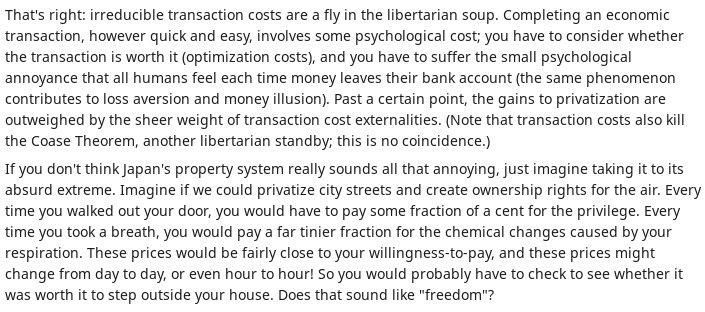blog.illicitonion.com/2018/06/rust-m…
github.com/golang/go/issu…
github.com/golang/go/issu…
research.swtch.com/cargo-newest.h…
Twitter may remove this content at anytime, convert it as a PDF, save and print for later use!

1) Follow Thread Reader App on Twitter so you can easily mention us!
2) Go to a Twitter thread (series of Tweets by the same owner) and mention us with a keyword "unroll"
@threadreaderapp unroll
You can practice here first or read more on our help page!
